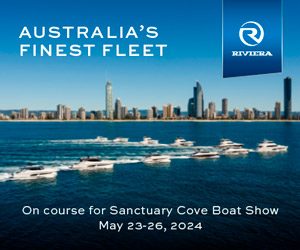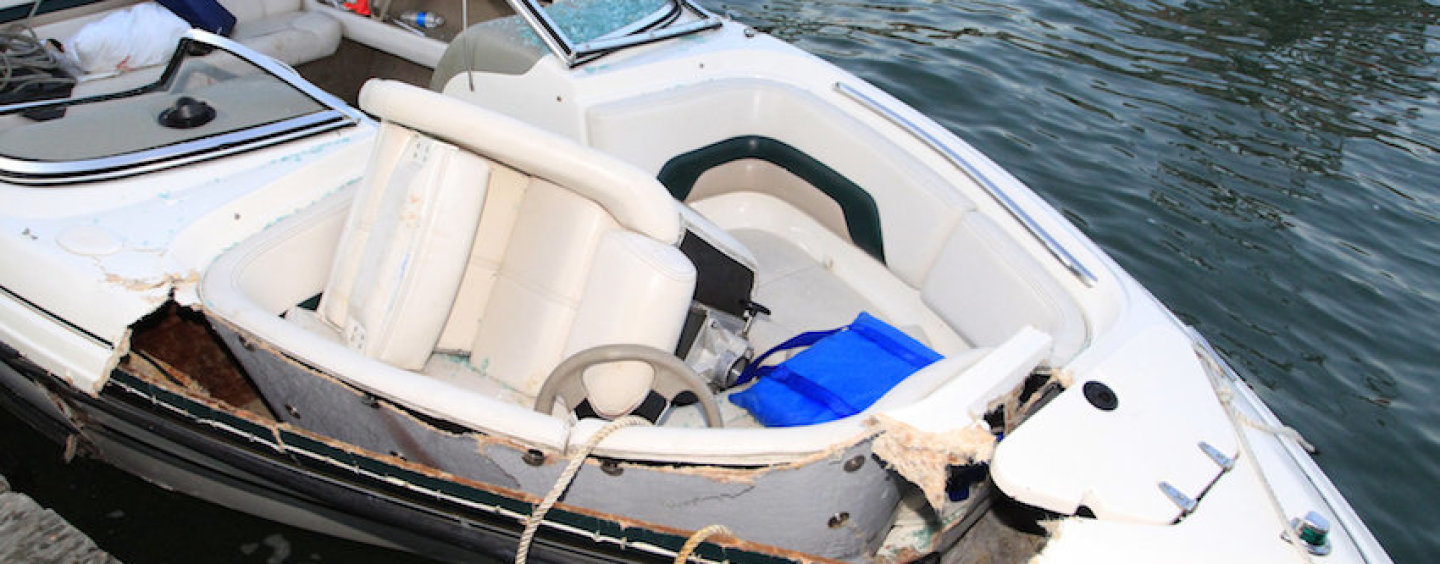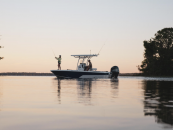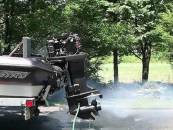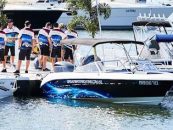The weather is perfect. Your boat is smoothly cutting through the glassy water. As you stand at the helm, you can feel the sun on your face, the wind in your hair and without a care in the world. A day of adventure on the water stretches before you.
As you start thinking about where you might drop anchor for lunch, you see a flash of movement out of the corner of your eye. Without warning, another boat has come out of your blind spot and, with a loud crumpling sound, it has collided with you. The other boat seems to be sinking, your boat is settling in the water as well. Are you coming off the plane or sinking too? Your passengers are coming up the companionway asking, “What happened?”
You have just had a huge shock, your hands are shaking from the adrenaline, and you hear what sounds like a shout coming from the water. One of the best days turned into one of the worst. What do you do?
This is a scenario that happens dozens of times a year across Queensland, and Gold Coast boaters are not immune. In fact, the confined nature of Gold Coast waterways and the relatively high level of boat ownership lead to congestion on the waters and regular close encounters with other boats. This makes the risk of collision very real.
It is important to understand what you need to do in the event of a collision, both practically, and in accordance with your legal obligations.
Raise the alarm
Depending on your situation, you might raise the alarm by issuing a mayday on the VHF radio, by calling ‘000’ on your mobile phone (if possible), by using your flares, activating your EPIRB, or by simply waving your arms up and down to call attention to nearby boaters. You might choose a combination of these methods, as well as other recognised distress signals. It is important to raise the alarm as soon as possible, otherwise you might find yourself on your own in responding to the incident, and this could be a problem if people have been thrown overboard and a search is required.
Make your vessel safe
Your obligation as the skipper is to ensure the safety of your boat and the people you have on board. You are not going to be in any position to rescue anyone else if your own boat is damaged and sinking. Check that your boat is structurally sound, and if it is damaged, do what you can to prevent the ingress of water. Close watertight doors if possible, start your bilge pump and consider getting your life-saving appliances ready.
Make sure your passengers are safe
Take a head count and check that everyone is still on board. Check for injuries and render first aid if required. Make sure everyone dons a lifejacket if they haven’t already done so. Keep everyone calm and busy by giving them jobs to do.
Render Assistance
The skipper of a boat in Queensland is legally obliged under marine safety laws to render assistance to others after a collision, but without endangering your own boat or people. Your legal obligation is to give the help necessary to save others from any danger caused by the collision; stay by the other boat until help is no longer required; and to give the skipper of the other boat your name and contact details.
In most circumstances, you should avoid the risk of propeller strike injury by keeping your engines off, and offer any assistance you can to people in the water without moving your own boat.
Reporting the incident
You are obliged to report a collision as a marine incident to Maritime Safety Queensland (MSQ) within 48 hours. It is recommended that the fact of an incident (time, date, place, your name and contact details) be reported within the required 48 hours. However, do not complete the marine incident report form without first taking legal advice. Depending upon the seriousness of the incident, you may also be asked questions at the scene by law enforcement officers from the Water Police, the Queensland Boating and Fisheries Patrol (QBFP) or MSQ. You should not make any statements to any person about responsibilities between vessels or the causes of the collision, as this could have both civil (insurance) and criminal consequences for you. It is vitally important not to say anything until you have time to consider what happened and have received legal advice.
By Captain John Kavanagh AFNI MQLS


